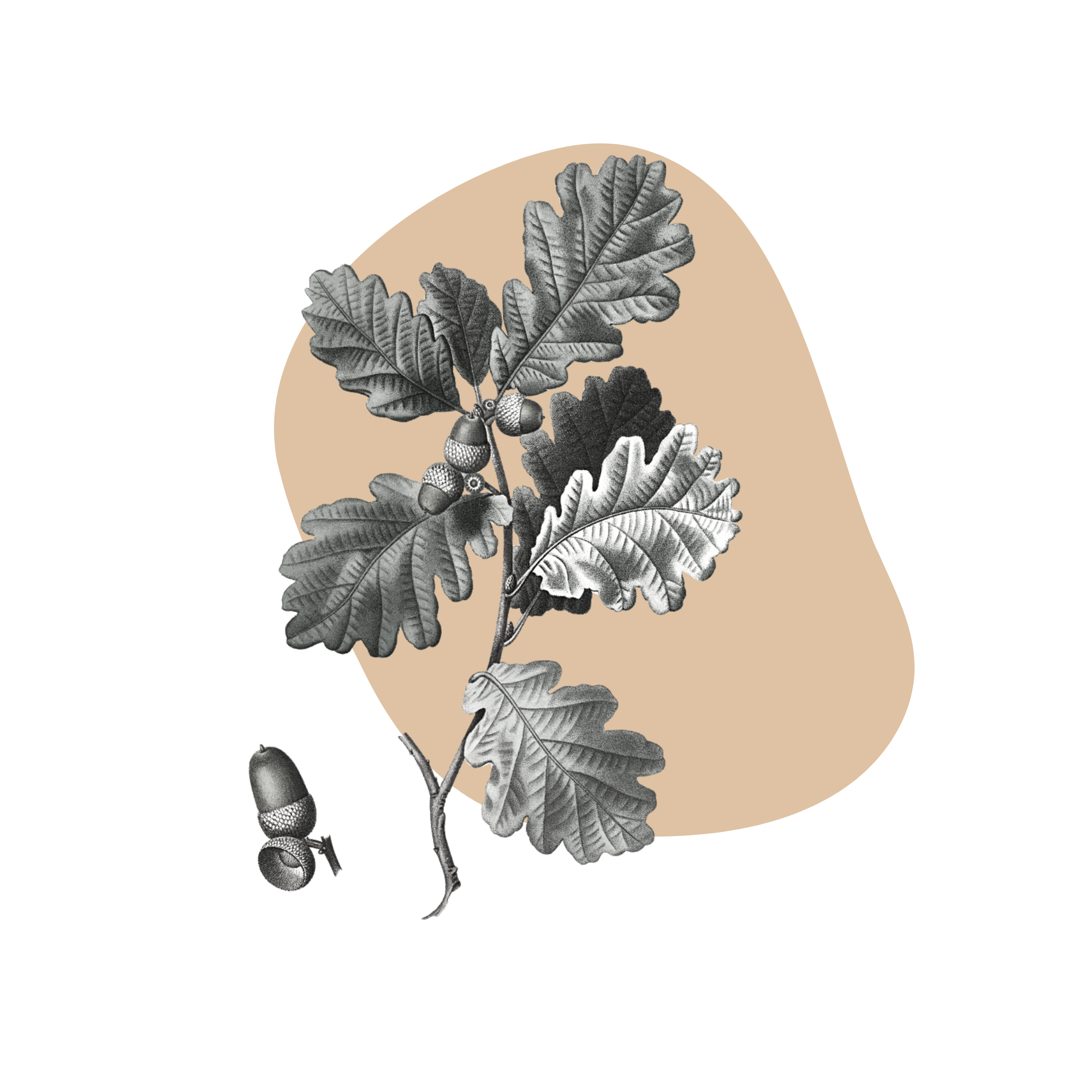Practicalities of Visit Questions
-
Yes, we’re all the things!
We are currently developing infrastructure for natural building, ecological restoration, regenerative agriculture training programs and events. We’re also a new kind of cemetery and a budding farm. Our off-site events offer more chances to connect and support this project.
-
Great question! We currently are still developing a lot of the basic infrastructure and are excited to host the general public for events soon!
Until then, there are a few ways to connect:
Do you have skills in site caretaking or natural building to offer? We are always looking to hire coworkers to help us get the site ready. Click here to get in touch.
-
We love giving tours of the land to people that want to get involved. Send us a line here and we’ll get back to you.
Due to staffing limitations, we may not be able to get you out right away, but we’ll do our best to make our project accessible to whoever would like to experience it.
-
Your appreciation for nature, personal care and integrity, and a large scoop of curiosity
Depending on the program you’re attending, we will send you a more detailed list on what you’ll need to bring.
But here are some general things to consider:
We’re on a 700 acre property and it’s remote! We are not currently accessible by wheelchair and the terrain is challenging for people with mobility issues, but we will be working with an eye towards accessibility as the project moves forward. The nearest store is about 20 minutes away. We have some basic facilities but if you’re here overnight, you will need to bring anything you need for personal care and medications etc. Composting toilets for guests are available.
Depending on the weather, we recommend wearing close-toed shoes and a hat and waterproof clothes on a rainy day.
You’ll likely be asked to camp, in which case, plan on bringing everything that makes you feel comfortable in your own tent at night. We do have a limited number of three-season tents that we can make available to some guests.
-
Yes please!
Volunteers — Amazing! Send us a message and we’ll get back to you!
Visitors — Hell yes. Drop us a line and we’ll include you on our next public walk of the land. Due to staffing limitations, we may not be able to get you out right away, but we’ll do our best to make our project accessible to whoever would like to experience it.
Donate — Thank you for your generosity! Click here to donate to our project!
Other inquiries — Use the contact form on this page to get in touch
-
We are the exclusive land partner for Recompose, which means that everyone who goes through the NOR (Natural Organic Reduction) process to become soil with them has the option of their soil being partially or completely donated to the land! Learn more about their services here.
-
We love collaborating and we play well with others. If you have an idea for how your group or project could contribute, drop us a line here.
How to Get Involved
Relationship to the outside world
-
Though we acknowledge we’re a group of weirdos who bought a significant tract of land in the Pacific Northwest with a vision and a purpose that is quite different than the status quo, we are pretty confident that that’s where our similarities with Rajneeshpuram end.
We are committed to a world that works for all life, which absolutely includes our neighbors.
We are committed to creating more connection, and less isolation because we believe that that actually makes us all more resilient and more safe.
-
We would love to get to know you! Drop us a line here.
-
No. We have a lot of restoration projects on site and we’re taking our responsibility for keeping the landscape as intact as possible very seriously and we ask our community to do the same.
Please respect our boundaries as you would have your boundaries respected.
-
Yes! We have cast a wide net of partnerships with government agencies, non profit stakeholders, businesses, culture/arts organizations and amazing individuals. Some of our bigger partners include:
Washington Department of Fish and Wildlife, Cowlitz Indian Tribe, Clark Conservation District, Clark Public Utilities, US Department of Fish and Wildlife, Washington Department of Natural Resources, Washington Department of Fish and Wildlife, USDA, and Washington Sate University.
Relationship to the Festival Questions
-
In 2019, we began the transition from the ephemeral village-building that was always at the heart of the Beloved Festival, to the long-term village building that was always the vision of the founders of Beloved. We call this, now, Beloved Emergence, and we welcome your participation.
Though we honor the insight, connection, and inspiration from our gatherings that continue to nourish so many even now, we let the last Beloved Festival be the last Beloved Festival for the following reasons:
We can’t treat land we love that way anymore. That many cars and people are not good for the delicate forest.
The move beyond “land acknowledgement,” and into deeper relationships with indigenous leadership and native communities means slowing way down from hosting large gatherings.
Festival culture is not meeting the needs of the world in which we find ourselves today.
This is the story of how a festival will regenerate a forest, a story of how humans working gently, slowly, and humbly, can bring life and love back to degraded land.
-
No. Beloved as we knew it will not happen again, but the spirit of our gatherings is alive and well, and grounding into smaller, more intimate, and more ecologically grounded opportunities for connection.
Many aspects of the Beloved festival have been composted and integrated into the world unfolding on the land now, and we welcome you to come join us this year as we make camp and lay a good foundation for reciprocal human presence with the many species with whom we share this mountain.
-
There are two primary organizations working in partnership with the land.
RememberLand is the nonprofit which holds the property rights to the land, and is governed by a board which is required to consult with the Land Listening Council on all decisions that may have an ecological impact on the land. Any donations that you make are tax deductible and will go directly to RememberLand.
Beloved is the taxable organization which has produced the Beloved Festival for 15 years, and which has evolved to focus on producing the programming on the land, as well as programming in Oregon to energize community and benefit the land
Human Composting Questions
-
We get it, it’s a new concept for many of us.
Human composting, also known as natural organic reduction (NOR), is powered by beneficial microbes that occur naturally on our bodies and in the environment. Our partners at Recompose are leading the way with this more ecologically aligned approach to death-care, and we welcome you to explore their website, and watch this video to learn more!
-
No, by the time they arrive on the land, our beloved dead have already gone through the complete Natural Organic Reduction process, which means that their biomass is physically indistinguishable from any other organic compost or mulch you might encounter.
Philosophical & Values Questions
-
Yes, both!
We are not an explicitly religious organization, but the values at the heart of all that we do can harmonize with diverse wisdom traditions from around the globe. Our spiritual orientation is grounded in togetherness and reverence for the more-than-human world.
We understand diversity makes any system more robust, so we welcome all who wish to explore this project with us.
We ask that all who enter the land approach one another with open minds and hearts.
-
The Covid landscape and our response to it is ever-changing and we will communicate specifics of Covid Protection protocols for each event directly with registrants. We will comply with all federal and state mandates as well as CDC protocols, and we do encourage the use of masks when people are in close proximity as long as the virus is circulating in our communities.




